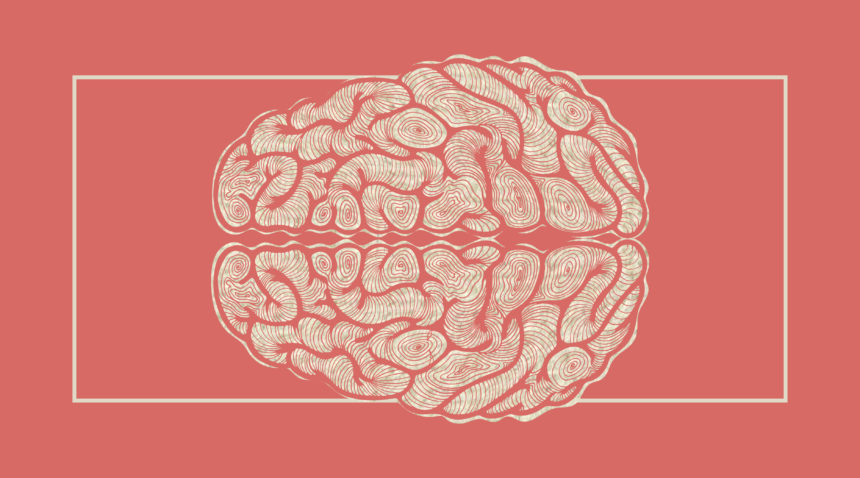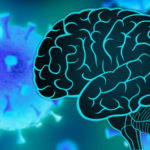Preventing the onset of early-stage Parkinson’s disease (PD) remains an arduous challenge for neuroscientists. However, in a new study, released online in the journal Neurology, researchers at Vanderbilt University may be on the brink of a breakthrough intervention.
In their study involving 28 patients, it was determined that Deep Brain Stimulation (DBS) administered to patients with early-stage Parkinson’s disease led to a lower risk of worsening symptoms. The treatment also decreased the odds of hefty pharmaceutical intervention.
“Subjects who completed the two-year trial participated in this observational follow-up study which included annual outpatient visits through five years,” the findings state. “This analysis includes 28 subjects who were taking PD medications six months–four years at enrollment. Outcomes were analyzed using both proportional odds logistic regression and linear mixed effects models.”
Researchers attested in the results that early use of DBS lowers the need for PD drug interventions. DBS also improves long-term motor deficits and may lower the risk of disease progression.
“With this pilot study, we’ve shown that if DBS is implanted early it’s likely to decrease the risk of progression, and if this is borne out in our larger study it would be a landmark achievement in the field of Parkinson’s disease,” said David Charles, co-author of the study, in a news release.
“While this is an incredibly exciting finding, patients and physicians should not change clinical practice at this time,” said Charles.


